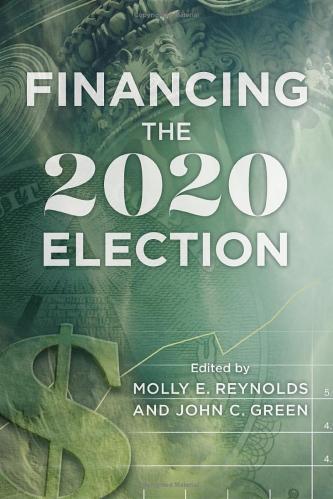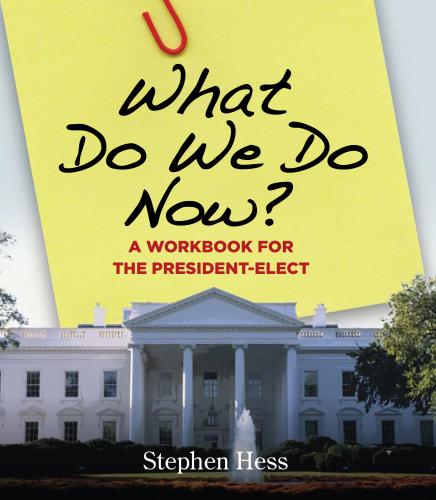The Democratic race for the presidential nomination has been, so far, a race with a fluctuating cast of frontrunners—from Biden to Warren to Buttigieg depending on the poll, the month, or the state. But on the issue front, there has been only one frontrunner: Health care.
Finally, last night, the candidates and the moderators spent time on other issues such as how to tax the rich, how to provide child care, affordable housing, voting rights and even the plight of farmers. By breaking away from health care they had time to discuss climate change, foreign policy, Russia, North Korea, China, and military spending—all topics a president deals with more frequently and more consequentially than domestic policies. The clashes happened, but each lacked the wonkish intensity that characterized the health care arguments in earlier debates. Plus, they were essentially side shows. And on a day dominated by striking news out of the impeachment hearings it is hard to say that the debate advanced any one candidate.
So, while the variety of issues was refreshing, one was still missing: jobs. Good jobs are foundational; they come before all other issues. If you have a good job, the odds are high that you have good health care, that you can afford child care, that you can afford to live in a good neighborhood with good schools and that you can pay off your student loans. Throughout these debates, Democrats have dealt with the problems resulting from the lack of good jobs but they haven’t dealt with creating and saving good jobs. (The unemployment rate masks the fact that a non-trivial number of today’s jobs are not the jobs that can sustain whole families.)
Good jobs are disappearing. Every other day we seem to hear about another category of jobs that robots will take away. And other good jobs are turning into poor jobs, part of the insecure “gig” economy—which too often means jobs with no benefits. One of the major culprits in this transformation is a form of capitalism called “vulture capitalism.” Large funds with lots of money buy a stake in a company and force the company to change. In theory, these practices are supposed to keep companies efficient. In recent practice it has often meant that rich investors get a controlling interest in the company and cut costs by laying off workers, increase the stock price (at least for a while) and walk away with obscene profits. The rich get richer, and many workers get laid off never to regain the good jobs with benefits that they once had.
This has affected workers all over the country in all sorts of industries. It happened to Toys R Us in 2018, as more than 30,000 workers lost their jobs. It happened to CSX, it happened to Xerox, it happened to Whole Foods, it happened to Juniper Networks and to J.C. Penney. In each case so-called “activist investors” went in, cut jobs, and reaped obscene profits—often at the expense of the long-term viability of the company.
Elizabeth Warren, one of the current frontrunners, was an early analyst of this problem and introduced the “Accountable Capitalism Act,” which goes to the heart of the kind of activity that has been gutting the middle class. Her rise in the Democratic field of presidential candidates is no doubt due to her focus on middle class jobs and, ironically, she may have stumbled by getting off that central theme and being too aggressive on health care. She recently took on jobs again. She has called out Elliott Management Corp., a large hedge fund, which has been buying stock in AT&T. Elliott has recently put AT&T on notice that it could be more profitable (i.e., have a higher short-term stock price) if it divested landline businesses and closed retail stores. The Communications Workers of America, a labor union, estimates that these suggestions could negatively affect 30,000 workers.
But not a word was said about creating or saving good jobs in this debate and not many were said in the previous debates. Taking on vulture capitalism is not only good policy but it is good politics. President Obama proved that in 2012 when he ran ads against Mitt Romney featuring former steel workers. Their company, GST Steel had been bought and run into the ground while making huge profits for Bain.
Jobs, good jobs, need to be the centerpiece of the next Democratic nominee. A good job solves all sorts of problems and the American people know it.
The Brookings Institution is committed to quality, independence, and impact.
We are supported by a diverse array of funders. In line with our values and policies, each Brookings publication represents the sole views of its author(s).











Commentary
The Democratic debate: Can we talk about jobs? Please?
November 21, 2019